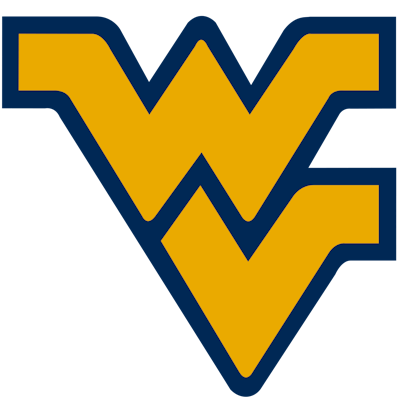
West Virginia University unveiled a historic partnership with Robinhood on Wednesday that will embed financial literacy courses into the curriculum for all scholarship athletes.
The course, which has been offered in recent years in an exploratory phase, will now be required for all WVU student-athletes on scholarship, and optional for those who are not, according to a report by WBOY in Clarksburg. It will also be integrated into the freshman seminar classes at WVU beginning in 2022-23, so non-student-athletes can receive the same financial education.
The financial literacy program has existed within the WVU athletic department for years prior to this partnership. Within the football program specifically, head coach Neal Brown has made a conscious effort to educate his players about the outside world with his Fifth Quarter Program, which specifically names financial literacy as a focus under one of its five pillars.
According to WDTV in Bridgeport, WVU will become the first Division I school to make financial education available for every student-athlete starting next fall.
“The components of this partnership is that we provided the funding to get this program off the ground and to sustain the course for at least the next four years,” Chloe Barz, Robinhood’s director of external affairs, told the WBOY's Gold and Blue Nation podcast. “But I think what I’m most excited about here is the fact that Robinhood will be providing guest lecturers throughout the course.
"I’m glad to see it be a multifaceted partnership.”
“Professional athletes fresh out of high school and college are becoming overnight millionaires, but too many lack the financial literacy resources to manage this change in financial status,” Dan Gallagher, the company’s chief legal and compliance officer, said in a statement.
But as reported by Yahoo!Sports, Robinhood has been heavily scrutinized in the last few years. In March of 2021, the trading platform was the subject of intense Congressional questioning over the Reddit-fueled GameStop frenzy, during which Robinhood and other retail brokers temporarily restricted trading of certain “meme stocks.”
Not long after, Robinhood settled a wrongful death lawsuit filed by the family of a former University of Nebraska student, who committed suicide after his Robinhood app showed an account balance of negative $730,000. The suit claimed that the deficiency was only temporary, but that the company had failed to respond to the student’s desperate efforts to understand it. That tragedy was invoked by the Financial Industrial Regulatory Authority, when it hit Robinhood with a $70 million fine, FINRA’s largest ever, for misleading and harming its customers.
Both WVU and Robinhood declined to disclose the financial terms of the company’s commitment, but Amy Pridemore, director of the university’s Center for Financial Literacy and Education, described it as “significant,” according to Yahoo!Sports.
Beginning last spring, Pridemore’s academic center began leading a financial literacy program for freshman athletes, which has since been tweaked.
“It was probably a little too advanced for that population, talking about compound interest and things above their heads,” said Brittney O’Dell, WVU’s associate athletics director for student-athlete development, as reported by Yahoo!Sports. “We revamped the course and are focusing more on bringing speakers in and making it more of a seminar-based course, where (athletes) are really interested in what they have to say.”
With Robinhood’s backing, Pridemore says she will now have the resources to expand the number of sections of her athlete-geared curriculum and bring in more high-profile guest lecturers. Several Robinhood employees, including a few who played D-I sports, have already come to WVU’s Morgantown campus to speak.
Earlier this week, West Virginia became the latest Division I program to announce it would offer scholarship athletes the additional education-related monies provided for in the Supreme Court’s NCAA v. Alston ruling.





































